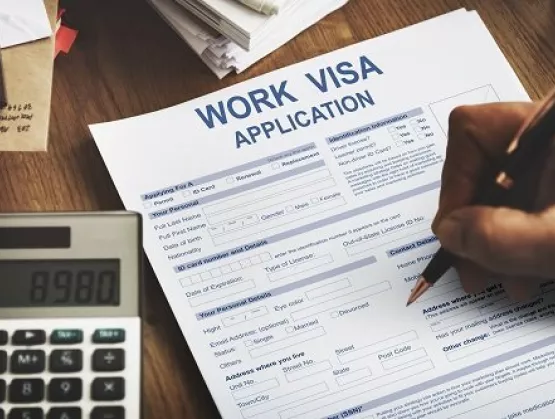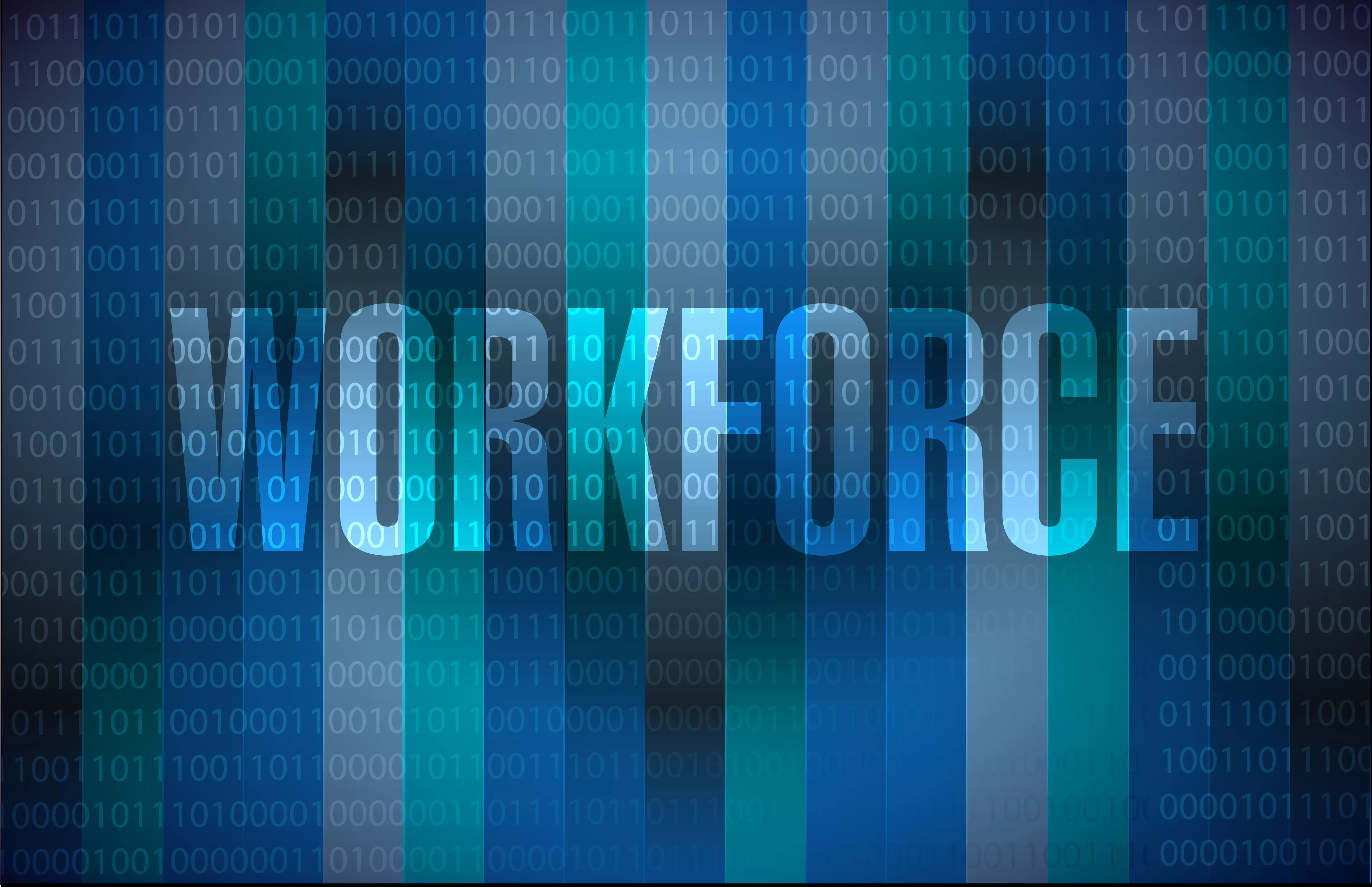
On June 20, President Trump signed an executive order (EO) suspending the issuance of H-1B, H-2B, J-1 and L visas for applicants residing outside of the United States without an active work permit. The order took effect today and will be in force through the end of 2020. The suspension of H-1B and L-1 visas, in particular, likely will impact negatively the ability of U.S. companies in the semiconductor manufacturing supply chain and the broader technology community to recruit and retain global talent and to temporarily transfer international engineers and executives to support critical operations in the U.S.
According to the administration, the issuance of visas for skilled temporary workers into the U.S. poses a “significant threat to employment opportunities for Americans affected by the extraordinary economic disruptions caused by the COVID-19 outbreak.” Although SEMI fully supports administration efforts to address economic disruptions and job losses caused by the pandemic, we believe blanket restrictions on high-skilled immigration will be counterproductive to government and industry initiatives supporting a broad-based economic recovery.
Semiconductors are the foundation of all electronics and information technology (IT), enabling innovation and growth in countless other industries including medical devices and the IT solutions that enable remote work and the connectivity desperately needed in current economic times. Access to global engineering talent and the worldwide mobility of technology executives are central to supporting the industry’s efforts to contribute to economic recovery in fields ranging from healthcare and telecommunications to transportation infrastructure.
The EO authorizes the Secretaries of State, Homeland Security and Labor to establish criteria for exceptions to the blanket ban, including employment categories that:

- are critical to the defense, law enforcement, diplomacy, or national security in the U.S.
- provide medical care to currently hospitalized COVID-19 patients
- provide medical research at facilities to help the U.S. combat COVID-19
- are necessary to facilitate the immediate and continued U.S. economic recovery
The Department of Homeland Security’s Cybersecurity and Infrastructure Security Agency (CISA) has classified workers in the semiconductor supply chain as essential to the effective operation of critical economic activity as the nation addresses the economic fallout of COVID-19. In lieu of rescinding the total ban on visa applications, SEMI urges the Secretaries to incorporate the CISA guidelines for semiconductor supply chain workers as they assess categories for application exceptions.
SEMI will continue to advocate for programs and policies that enhance U.S. economic competitiveness, including immigration rules that ensure the U.S. can attract and retain the highest skilled talent from around the world without compromising employment opportunities for U.S. workers. As Senate Judiciary Chairman Lindsey Graham noted following the issuance of the EO, “Legal immigration is a positive for the American economy, and visa programs allowing American companies to secure qualified, legal labor throughout the world have benefitted economic growth in the United States.”
Karl Kailing is manager of Public Policy and Advocacy at SEMI.